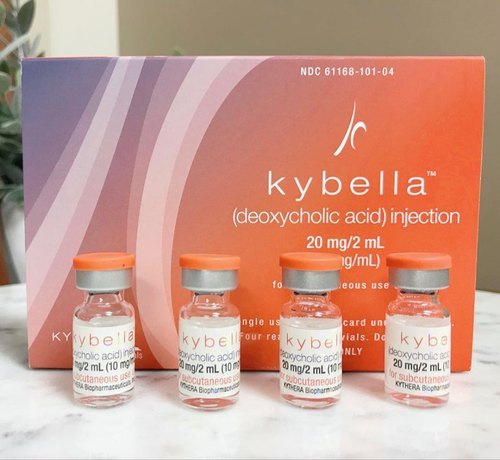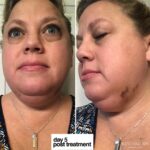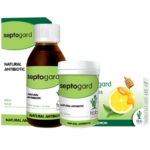Kybella: Uses, Cost, How it works, Side Effects

Kybella is a manmade brand of deoxycholic acid, also known as cholanoic acid. Deoxycholic acid is one of the secondary bile acids, which are metabolic byproducts of intestinal bacteria. The two primary bile acids secreted by the liver are cholic acid and chenodeoxycholic acid.
Kybella injection is used to improve the appearance and profile of moderate to severe submental fat (‘double chin’; fatty tissue located under the chin). Deoxycholic acid injection is in a class of medications called cytolytic medications. In a clinical trial, 82.4 percent of people reported significantly improved satisfaction with their appearance.
How does Kybella work?
Kybella acid works by destroying fat cells where it is injected into the body, this helps to decrease the appearance of fat that hangs below the chin, sometimes called a double-chin. Kybella has not been tested for safe use on other areas of the body. One Kybella treatment costs between $1200 and $1800.
What special precautions should I follow?
Before receiving deoxycholic acid injection,
- tell your doctor and pharmacist if you are allergic to deoxycholic acid, any other medications, or any of the ingredients in deoxycholic acid injection. Ask your pharmacist for a list of the ingredients.
- tell your doctor and pharmacist what other prescription and nonprescription medications, vitamins, nutritional supplements, and herbal products you are taking or plan to take. Be sure to mention any of the following: anticoagulants (‘blood thinners’) such as warfarin (Coumadin, Jantoven); antiplatelet medications such as clopidogrel (Plavix), prasugrel (Effient), ticagrelor (Brilinta), and ticlopidine; and aspirin. Your doctor may need to change the doses of your medications or monitor you carefully for side effects.
- tell your doctor if you have swelling or other signs of infection in the area where deoxycholic acid will be injected. Your doctor will not inject the medication into an infected area.
- tell your doctor if you have had cosmetic treatments or surgery to your face, neck, or chin or have had or have medical conditions in or near the neck area, bleeding problems, or difficulty swallowing.
- tell your doctor if you are pregnant, plan to become pregnant, or are breast-feeding. If you become pregnant while receiving deoxycholic acid injection, call your doctor.
How should Kybella be used?
Deoxycholic acid injection comes as a liquid to be injected subcutaneously (just under the skin) by a doctor. Your doctor will choose the best place to inject the medication in order to treat your condition. You may receive up to 6 additional treatment sessions, each spaced 1 month apart, depending on your condition and response as recommended by your doctor.
Deoxycholic acid must be given in a series of up to 6 treatment sessions in order to be effective. You may receive up to 50 injections at each session.
Each treatment session should be spaced no less than 1 month apart. Many people have had visible results after 2 to 4 sessions.
What happens if I miss a dose?
Call your doctor for instructions if you miss an appointment for your deoxycholic acid injection.
What happens if I overdose?
Seek emergency medical attention or call the Poison Help line at 1-800-222-1222.
What are the side effects of Kybella
Get emergency medical help if you have signs of an allergic reaction: hives; difficult breathing; swelling of your face, lips, tongue, or throat.
Call your doctor at once if you have:
• trouble swallowing;
• weak muscles in your face;
• a crooked smile;
• open skin sores or drainage around treated areas; or
• pain, burning, irritation, or skin changes where the injection was given.
Common side effects may include:
• numbness or hardening of treated areas;
• hair loss around treated areas; or
• pain, swelling, redness, or bruising, of treated areas.
This is not a complete list of side effects and others may occur. Call your doctor for medical advice about side effects. You may report side effects to FDA at 1-800-FDA-1088.
Warnings
Follow all directions on your medicine label and package. Tell each of your healthcare providers about all your medical conditions, allergies, and all medicines you use.
The initial FDA approval studies showed a 4% incidence of temporary nerve injury. As the product has been around and used more often we have seen other issues ranging from minor loss of beard hair at the site of injection to skin ulcers caused by superficial injection. Injectors have also began injecting Kybella in “off-label” regions such as the jowls, abdomen and eyelids. This can be very dangerous!





